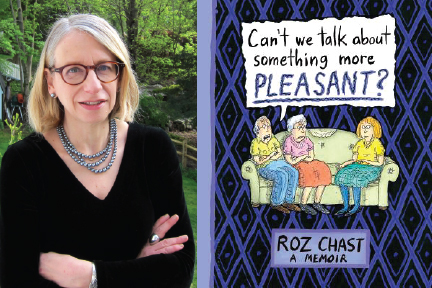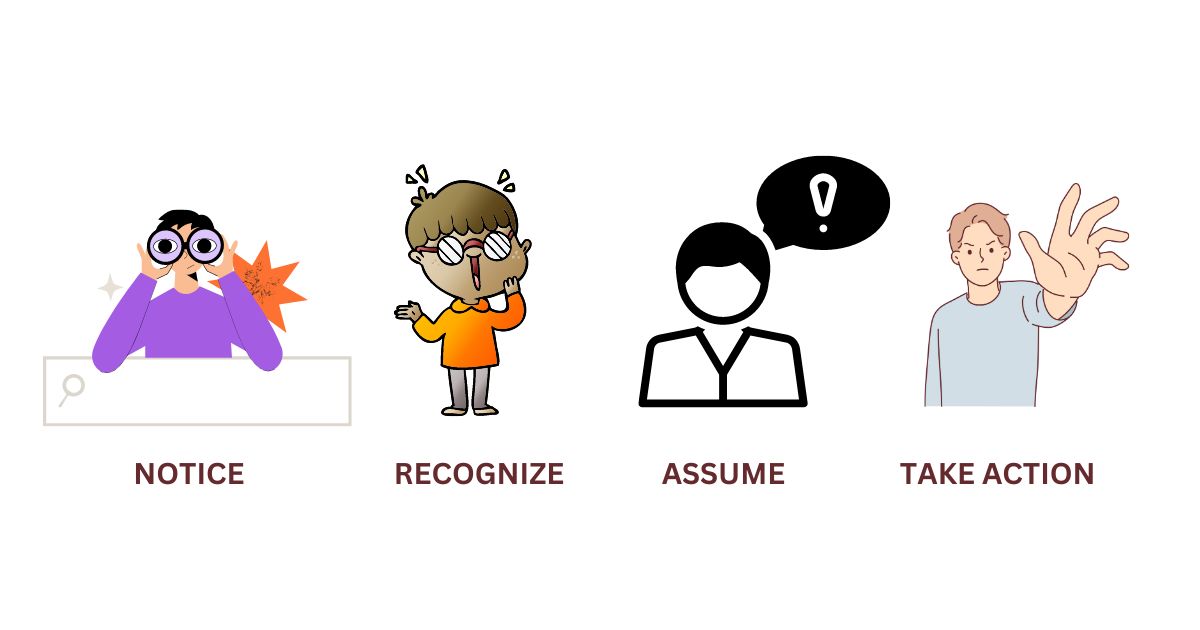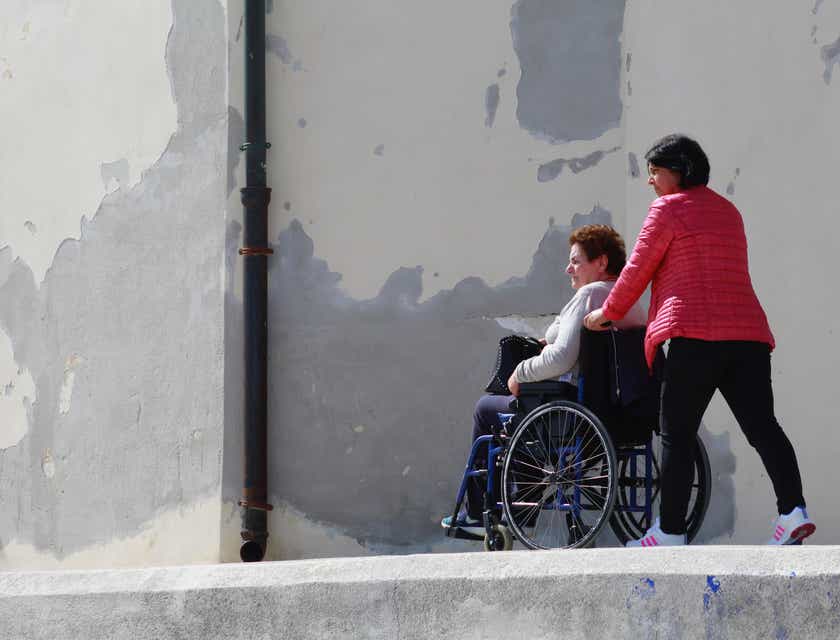I love graphic novels. I spent summers at the lake reading Charlie Brown paperbacks. As the mother of an 11-year-old boy, I’ve seen my fair share of superheroes battling villains. The Diary of a Wimpy Kid series made Jeff Kinney a household name (at least, in my household.) But as much as love those books, no graphic novel ever spoke to my adult reality. Until now.
The ever-fantastic New Yorker cartoonist Roz Chast has produced a memoir of her life as a senior family caregiver. In Can’t We Talk About Something More Pleasant, Ms. Chast recounts the relationship she had with her parents during the final years of their lives, and with it she makes the exasperating, devastating, depressing, inevitable decline insightful and, yes, funny.

The only child to older parents, Roz Chast had heard stories about her family’s perseverance through difficult lives including immigration, the Depression, World War II, and the Holocaust. Little wonder her parents just don’t want to face, or even talk about, death. Ms. Chast alone has to face that point when her parents were too old and frail to care for themselves in their Brooklyn apartment.
She tried to be the “perfect daughter” by coming in and cleaning, but her mother wasn’t receptive. As Ms. Chast puts it in her book, I wasn’t great as a caretaker, and they weren’t great at being taken care of. She shows the dichotomy of her feelings in a panel called Gallant and Goofus — Daughter as Caretaker Edition, where, on one hand, her Gallant says she “Treasures the time spent with her parents because she knows that soon, they’ll be gone,” yet her Goofus admits that “Mostly, when with her aged parents, wishes she were somewhere else.” Not only do I recognize this in the feelings I have toward my aging family, I also recognize that these are feelings my children will have some day toward me as well. Heady but funny stuff.
What follows is the requisite move into assisted living, along with her parents’ push-back, her mother’s decline as a widow, the double-edged sword of finding a great caregiver (shouldn’t a child be her parents’ best caregiver?), and, of course, the inevitable end, all handled with compassion (for her parents as well as herself) and humor.
The best artists create in order to let us know we are not alone in our experiences and how we feel about them, especially if those feelings are difficult to confront. Roz Chast gives the reader an opportunity to see the universal challenges of caring for elderly parents in four-color panels.
The New Yorker as published a good number of sample panels on their site. Or you could just go ahead and buy the book. Read it for yourself, then leave it for your kids to read.







